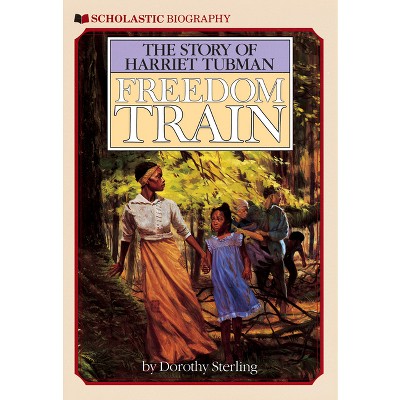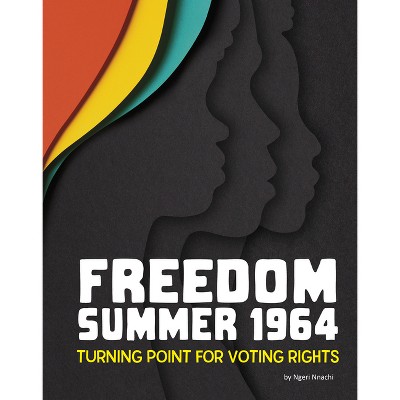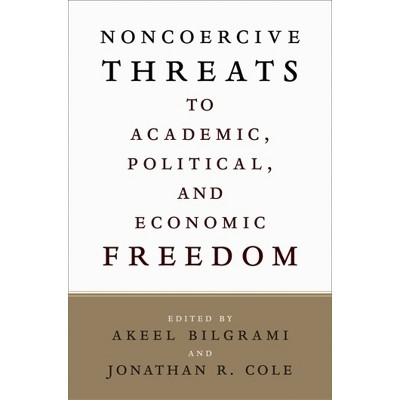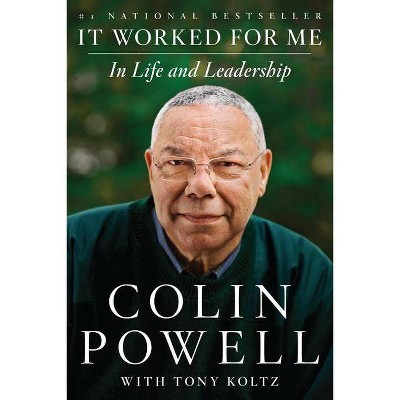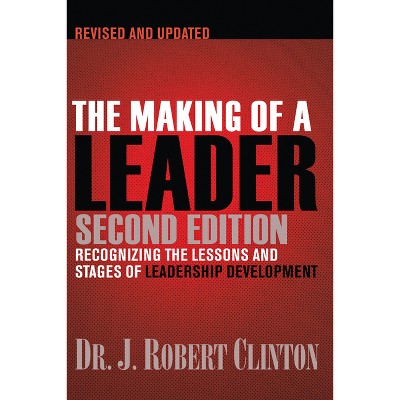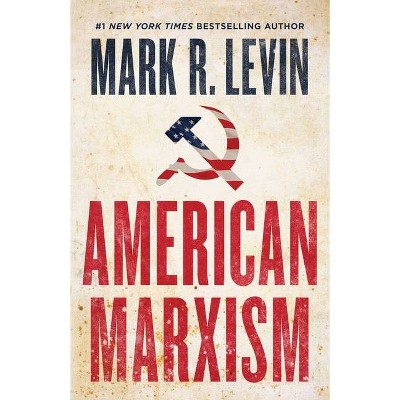
Freedom Train - by Cedric de Leon (Paperback)
$29.95
In Stock
Eligible for registries and wish lists
About this item
Additional product information and recommendations
Discover more options

$15.89 - $19.99
MSRP $18.99 - $28.00
4.9 out of 5 stars with 7 ratings
Frequently bought together
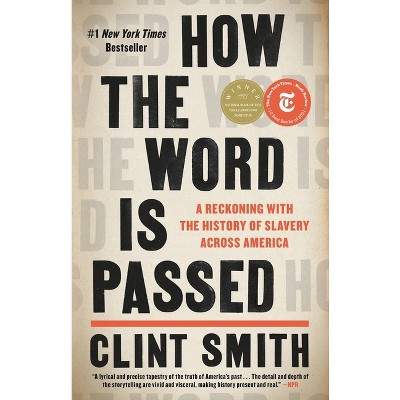
$10.68 - $15.95
MSRP $21.99 - $29.00
5 out of 5 stars with 8 ratings
Related Categories
Trending Non-Fiction


